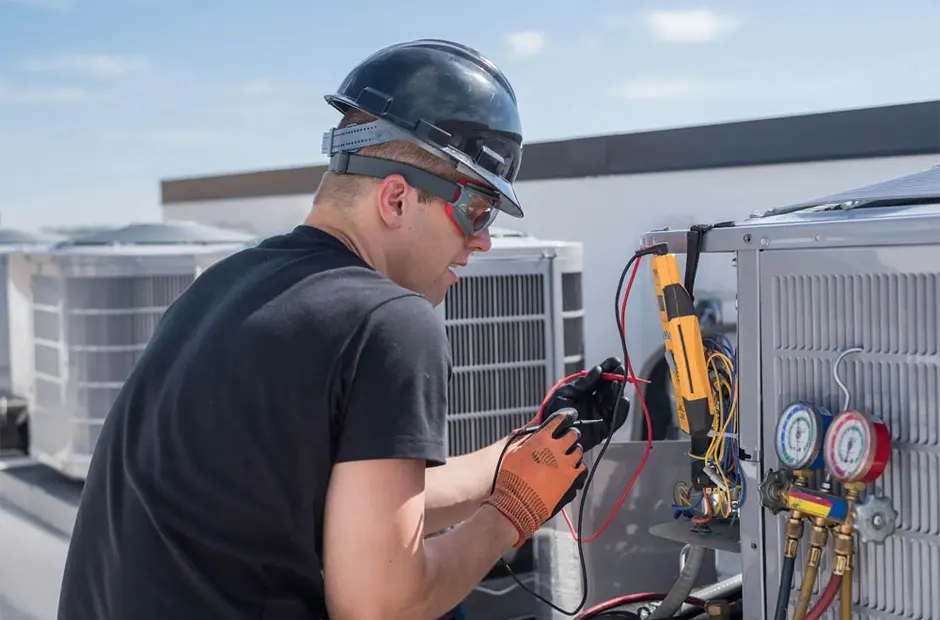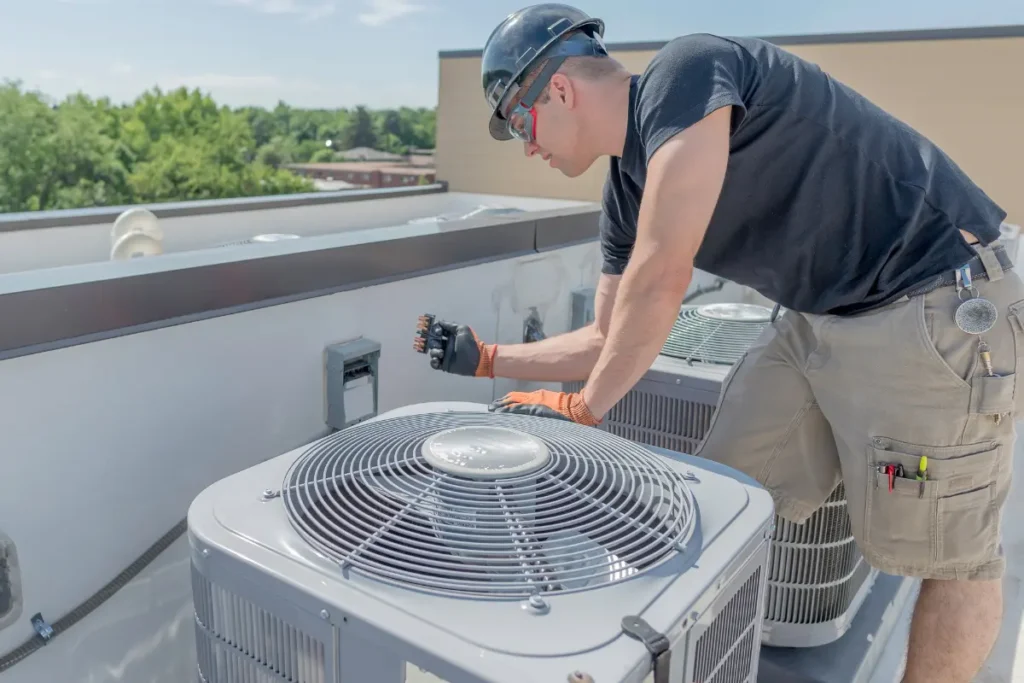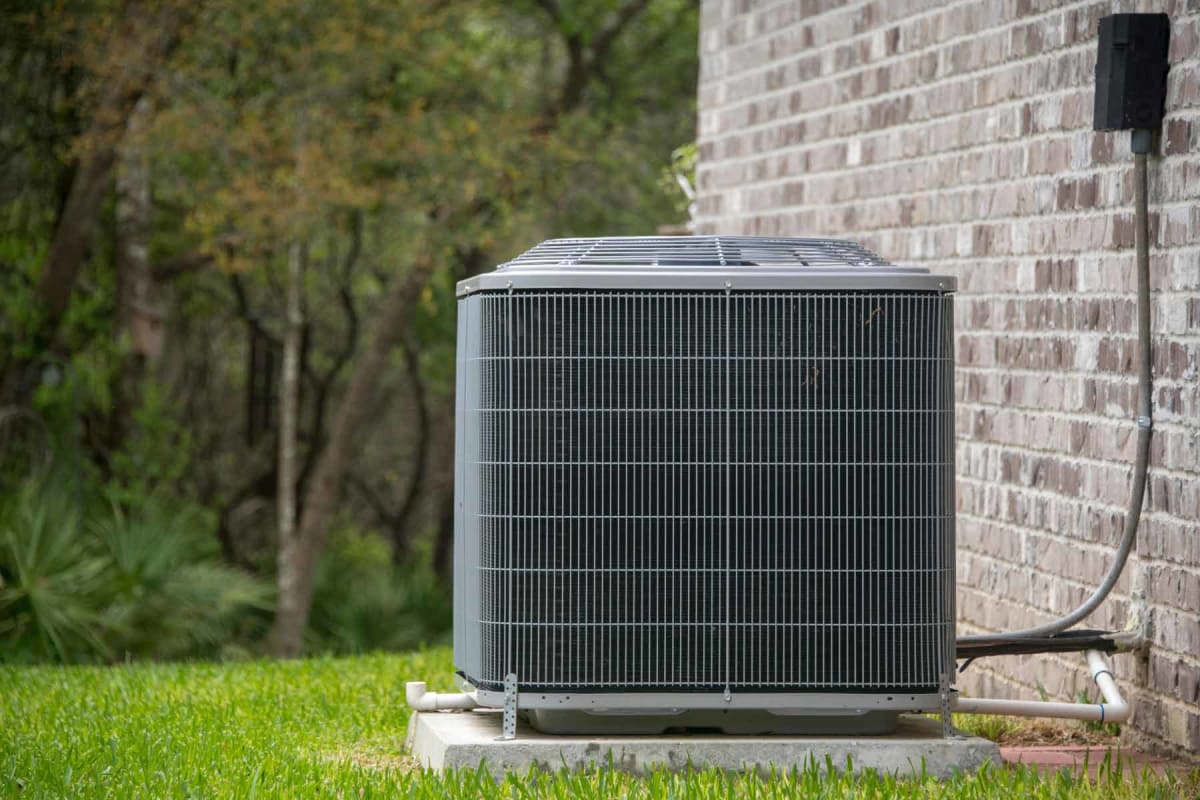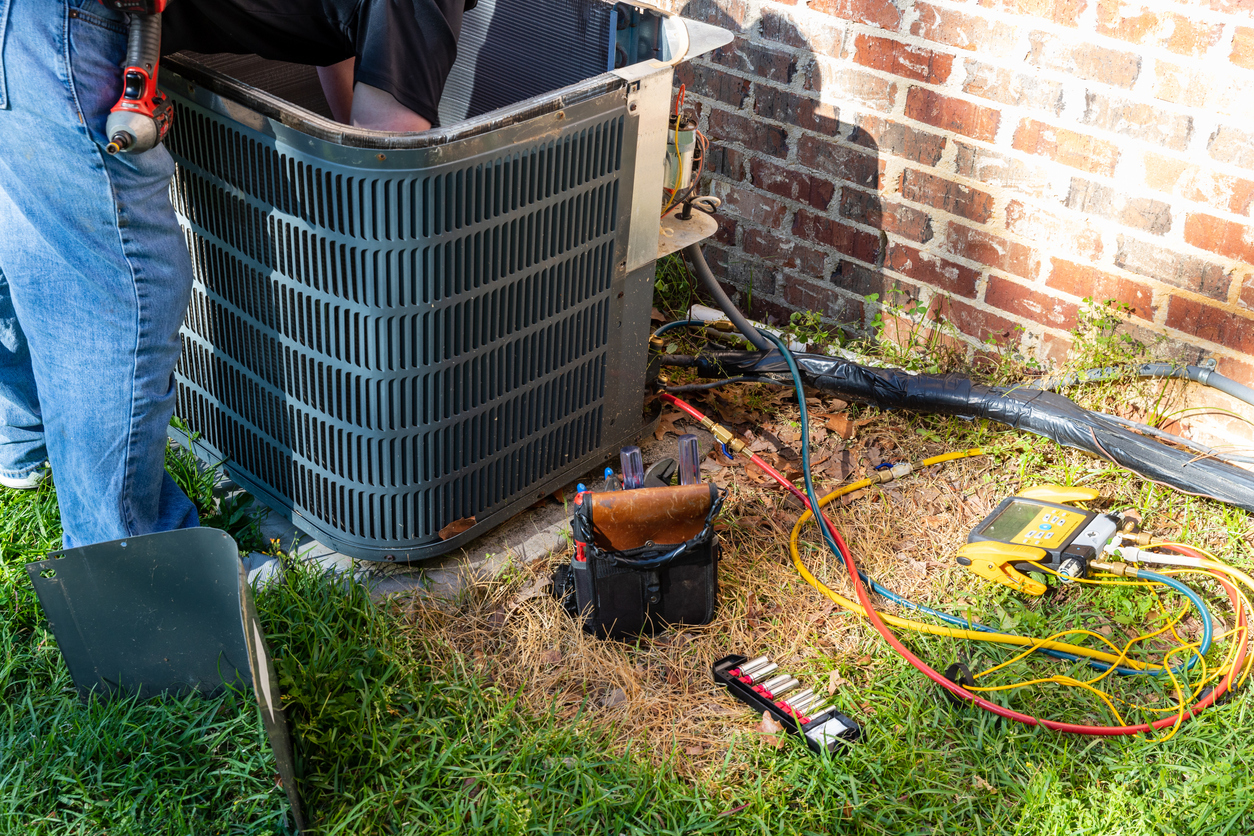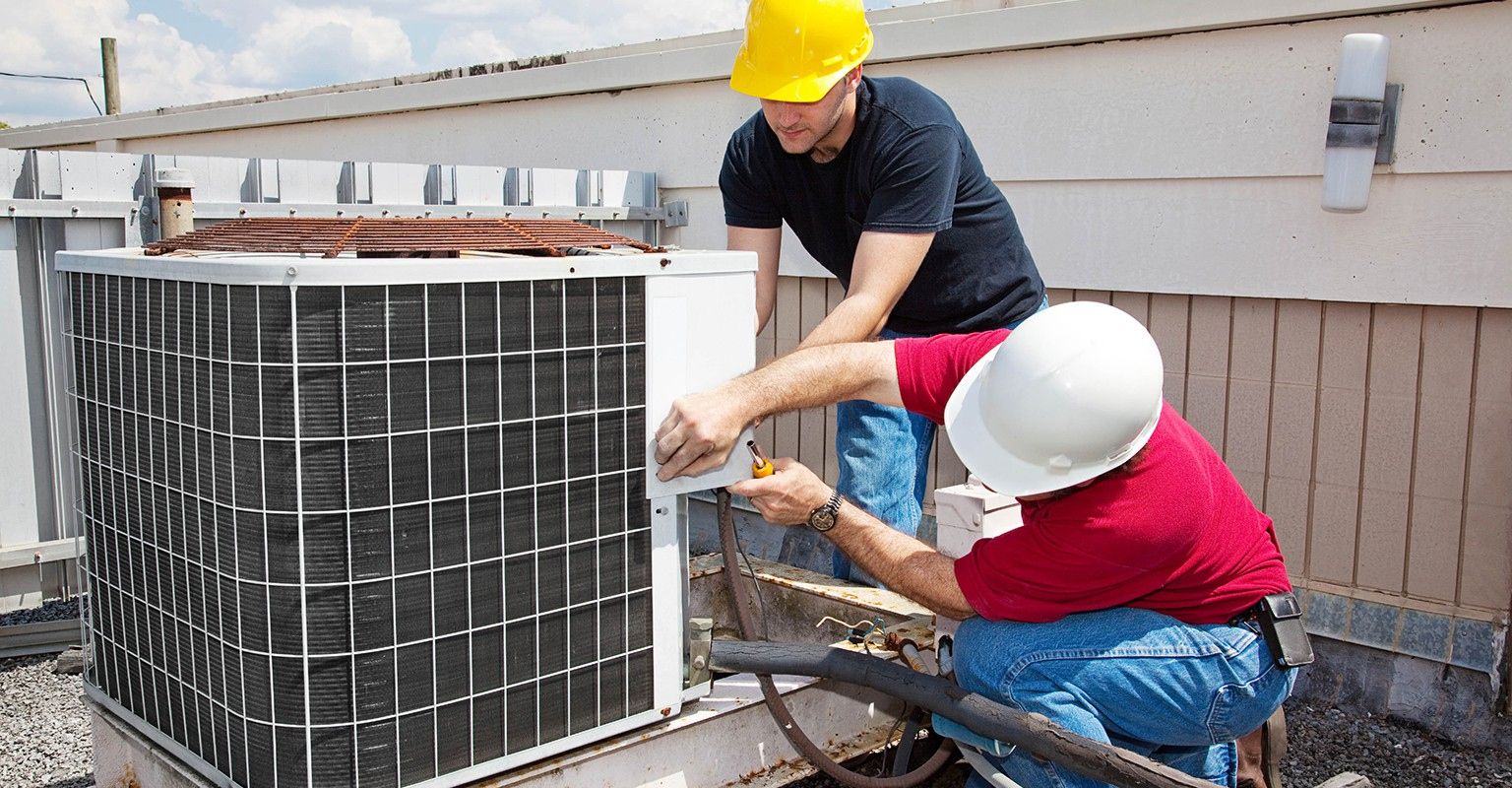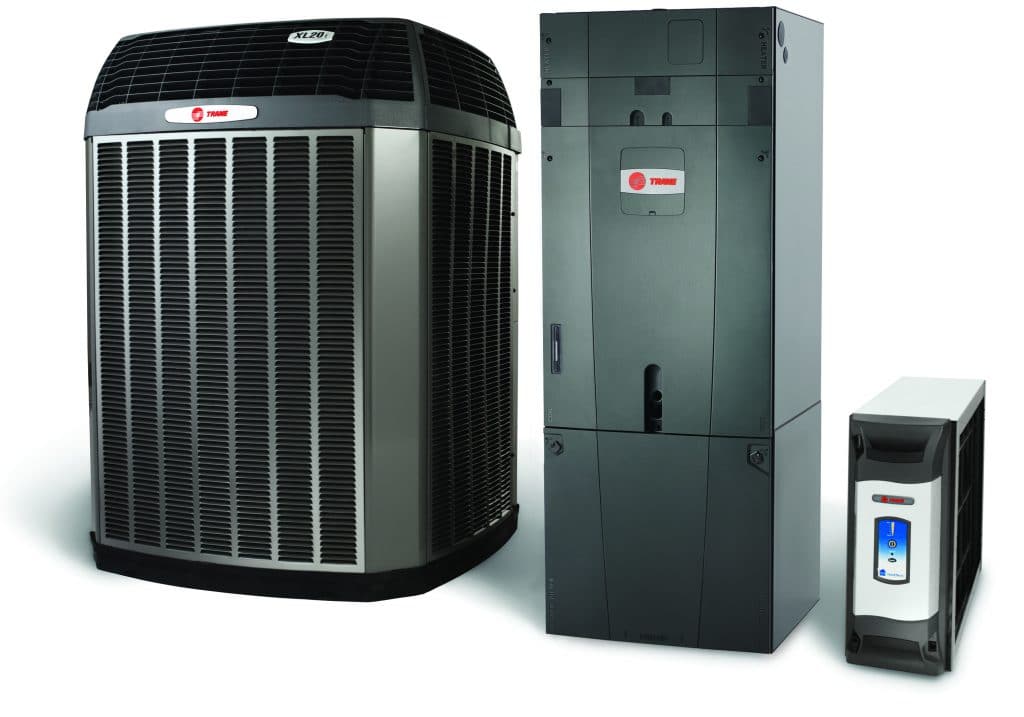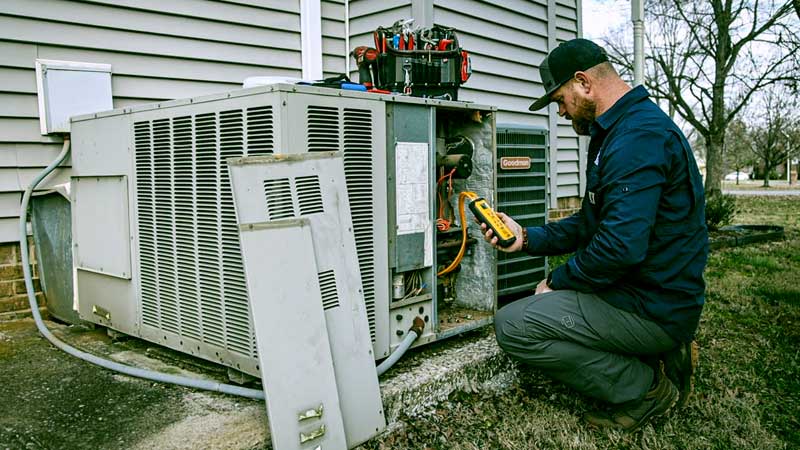Best Hvac Installation Companies Near Me
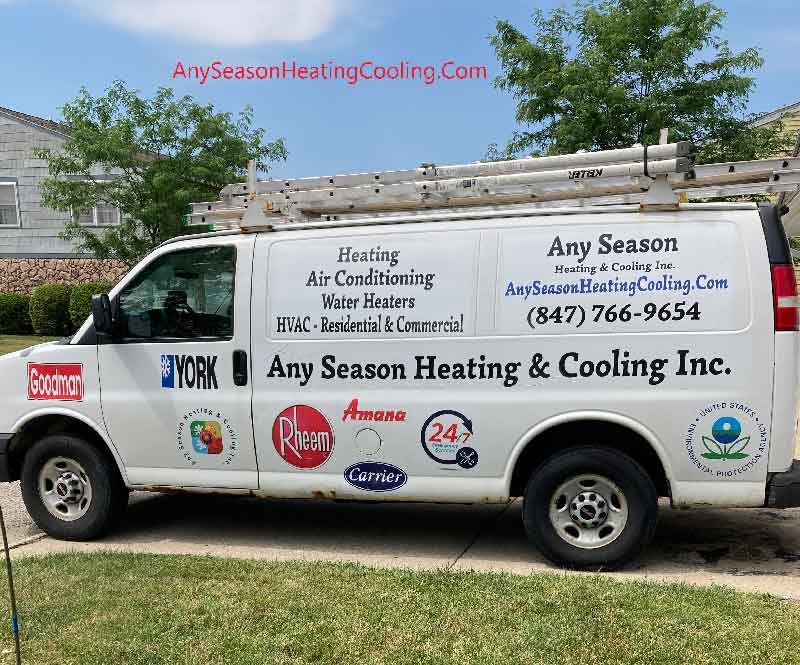
Finding the Best HVAC Installation Companies Near You: A Comprehensive Guide
Investing in a new heating, ventilation, and air conditioning (HVAC) system is a significant decision. The efficiency and longevity of your new system depend heavily on professional installation. Finding the best HVAC installation companies near you requires careful research and consideration. This guide provides a comprehensive overview of factors to consider, popular brands, and what to look for in a reputable installer.
Why Professional HVAC Installation Matters
While DIY installation might seem tempting, it’s crucial to understand the complexities of modern HVAC systems. Proper installation ensures optimal performance, energy efficiency, and compliance with local codes and regulations. A poorly installed system can lead to:
- Reduced Efficiency: Improper sealing and ductwork can result in significant energy loss, increasing your utility bills.
- System Failure: Incorrect wiring or refrigerant charging can damage components and shorten the lifespan of your HVAC unit.
- Voided Warranties: Most manufacturers require professional installation to maintain the validity of their warranties.
- Safety Hazards: Improperly installed gas furnaces or air conditioners can pose serious safety risks, including carbon monoxide leaks or electrical fires.
Key Considerations When Choosing an HVAC Installer
Selecting the right HVAC installation company is a critical step. Consider the following factors during your search:
Licensing and Insurance
Always verify that the HVAC company is properly licensed and insured in your state or locality. Licensing ensures that the technicians have met certain competency standards, while insurance protects you from liability in case of accidents or damage during the installation process.
Experience and Reputation
Choose a company with a proven track record of successful HVAC installations. Look for online reviews and testimonials to gauge the company's reputation and customer satisfaction. A company with years of experience is more likely to have encountered and resolved various installation challenges.
Certifications
Look for companies with certifications such as NATE (North American Technician Excellence). NATE-certified technicians have demonstrated expertise in HVAC installation and service. Other relevant certifications may include EPA Section 608 certification for refrigerant handling.
Estimates and Quotes
Obtain multiple estimates from different HVAC companies before making a decision. A detailed estimate should include the cost of the equipment, labor, permits, and any other associated fees. Be wary of significantly lower bids, as they may indicate substandard work or hidden costs.
Warranty and Maintenance
Inquire about the company's warranty policies and maintenance services. A reputable installer will offer a warranty on their workmanship in addition to the manufacturer's warranty on the equipment. Ask about maintenance plans that can help extend the life of your HVAC system and prevent costly repairs.
Popular HVAC Brands and Models
Choosing the right HVAC system is just as important as selecting the right installer. Here's a look at some of the leading brands and models available:
Carrier
Carrier is a well-known and respected brand in the HVAC industry. They offer a wide range of air conditioners, furnaces, and heat pumps with varying efficiency ratings. Carrier's high-end models often feature advanced technology, such as variable-speed compressors and smart controls.
Key Features: High efficiency, advanced technology, reliable performance.
Example Model: Carrier Infinity 26 Air Conditioner (Up to 26 SEER)
Trane
Trane is another leading brand known for its durability and performance. Their HVAC systems are often more expensive than other brands, but they are built to last. Trane offers a comprehensive range of products, including air conditioners, furnaces, and heat pumps.
Key Features: Durable construction, high efficiency, quiet operation.
Example Model: Trane XV20i TruComfort Variable Speed Air Conditioner (Up to 22 SEER)
American Standard
American Standard is closely related to Trane and offers similar products with a slightly different branding strategy. Their HVAC systems are known for their reliability and energy efficiency.
Key Features: Reliable performance, energy efficiency, value for money.
Example Model: American Standard Platinum 20 Air Conditioner (Up to 20 SEER)
Goodman
Goodman is a value-oriented brand that offers affordable HVAC systems without sacrificing quality. While their units may not have all the bells and whistles of higher-end brands, they provide reliable performance at a competitive price point.
Key Features: Affordable price, reliable performance, straightforward design.
Example Model: Goodman GSX16 Air Conditioner (Up to 16 SEER)
Mitsubishi Electric
Mitsubishi Electric is a leader in ductless mini-split systems, which are ideal for homes without existing ductwork or for zoning specific areas. Their systems are highly energy-efficient and offer individual temperature control for each zone.
Key Features: Ductless design, energy efficiency, zoning capabilities.
Example Model: Mitsubishi Electric M-Series Mini-Split System (Up to 33.1 SEER)
Understanding HVAC Efficiency Ratings
When comparing HVAC systems, it's important to understand the different efficiency ratings:
- SEER (Seasonal Energy Efficiency Ratio): Measures the cooling efficiency of air conditioners and heat pumps. The higher the SEER rating, the more efficient the system.
- AFUE (Annual Fuel Utilization Efficiency): Measures the heating efficiency of furnaces. The higher the AFUE rating, the more efficient the furnace.
- HSPF (Heating Seasonal Performance Factor): Measures the heating efficiency of heat pumps. The higher the HSPF rating, the more efficient the heat pump.
For example, an air conditioner with a SEER rating of 18 is more efficient than one with a SEER rating of 14. Similarly, a furnace with an AFUE rating of 95% is more efficient than one with an AFUE rating of 80%.
Warranties and Maintenance
HVAC systems typically come with two types of warranties: a manufacturer's warranty on the equipment and a workmanship warranty from the installer. The manufacturer's warranty covers defects in materials or workmanship, while the workmanship warranty covers issues related to the installation itself.
Regular maintenance is essential for extending the life of your HVAC system and preventing costly repairs. Common maintenance tasks include:
- Replacing air filters regularly
- Cleaning coils and fins
- Inspecting ductwork for leaks
- Checking refrigerant levels
- Lubricating moving parts
Consider signing up for a maintenance plan with your HVAC installer to ensure that your system receives regular checkups and preventative maintenance.
Pricing Considerations
The cost of a new HVAC system can vary depending on the size of your home, the type of system you choose, and the complexity of the installation. Factors that can influence pricing include:
- System Size: Larger homes require more powerful HVAC systems, which can increase the cost.
- Efficiency Rating: Higher-efficiency systems typically cost more upfront but can save you money on energy bills over the long term.
- Ductwork: If your home needs new or modified ductwork, this can add to the overall cost.
- Permits: Local building codes may require permits for HVAC installations, which can add to the cost.
It's important to get multiple quotes from different HVAC companies and carefully review the details of each estimate before making a decision. Don't automatically choose the lowest bid, as it may indicate substandard work or hidden costs. Focus on finding a reputable installer who offers quality workmanship at a fair price.
Negotiating the Price
Don't be afraid to negotiate with HVAC installers to get the best possible price. Some tips for negotiating include:
- Obtain multiple quotes to use as leverage.
- Ask about discounts or rebates that may be available.
- Consider financing options to spread out the cost.
- Be willing to compromise on features or brands if necessary.
Final Thoughts
Choosing the best HVAC installation companies near you requires careful research and consideration. By following the guidelines outlined in this article, you can find a reputable installer who will ensure that your new HVAC system is installed correctly and efficiently. Remember to prioritize licensing, experience, certifications, and customer reviews when making your decision. A well-installed HVAC system will provide years of reliable comfort and energy savings.
Ultimately, the best HVAC system and installer will depend on your individual needs and budget. Take the time to research your options and make an informed decision that will benefit you for years to come. Good luck with your search!

